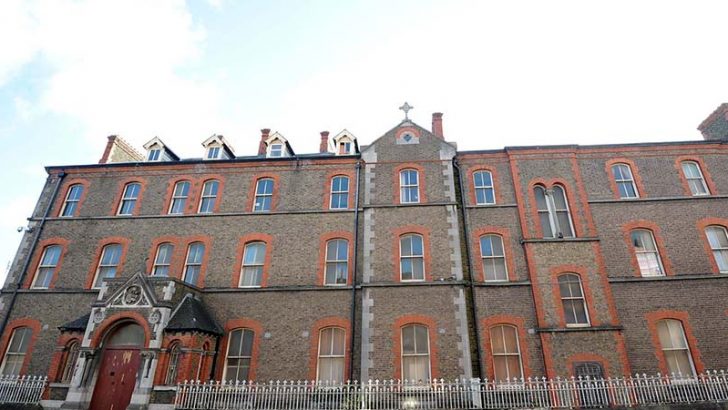Top academic urges that Pope be faced with ‘nuanced’ reality
As speculation grows that the Pope may visit a former Magdalen laundry during his visit next month, a leading historian of the period has warned that Francis should hear the complex reality of the homes rather than a caricature of the institutions.
Government sources have indicated that such a stop during the Pope’s short August 25-26 trip to Ireland is under consideration. However, a spokesperson for the World Meeting of Families said this was just speculation at this stage.
Maynooth University historian Dr Jacinta Prunty told The Irish Catholic that “the possibility of Pope Francis visiting Seán McDermott Street in Dublin begs the question: what will he be told of the Magdalen laundry that extends one side of this street?
“Will he be given only the grimmest Hollywood version? Or is there any chance that he might be briefed in a way that is closer to the historical record, with all its complexities and questions,” she said.
Dr Prunty – who is also a Holy Faith sister – has researched the period extensively. She said that she believes Pope Francis should be given a nuanced version of the history.
“As an academic who has worked first-hand on the records of both Sean McDermott Street and High Park refuges run by the Sisters of Our Lady of Charity, if I had one minute to speak to Pope Francis, which will not happen, I would try to mention the following: “The laundries were firstly refuges, established for women whom nobody in the mid-19th Century had much time or sympathy for; they operated an open-door policy, with many returning repeatedly. Emergency no-questions-asked accommodation was one of their chief roles, and the figures bear that out,” she said.
Dr Prunty also said it was wrong to assume that the sisters who ran the institutions were stuck in a time warp. “The nuns did move with the times, in fact, they were often well ahead of State social services.”
She points out that in the late 1950s and 1960s the sisters created separate homes for the younger women in Seán MacDermott Stre-et – The Teenage Training Centre (Ri Villa), the ‘transition hostel’ or hostel for working girls are just some examples.
Dr Prunty insisted that “the nuns who ran the Magdalen asylums or laundries took their inspiration from Jesus as the Good Shepherd with infinite compassion for all; there is ample historical evidence for that, both documentary and oral. The story is a lot more nuanced than the newspaper headlines allow. Really, it is.”
In his independent report into the Magdalen laundries, Senator Martin McAleese concluded that “there is no single or simple story of the Magdalen Laundries”.
However, he also found that “the majority of women described the atmosphere in the Laundries as cold, with a rigid and uncompromising regime of physically-demanding work and prayer, with many instances of verbal censure, scoldings or even humiliating put-downs”.
Dr Prunty is author of The Monasteries, Magdalen Asylums and Reformatory Schools of Our Lady of Charity in Ireland 1853-1973, published by Columba Books.


 Greg Daly
Greg Daly
